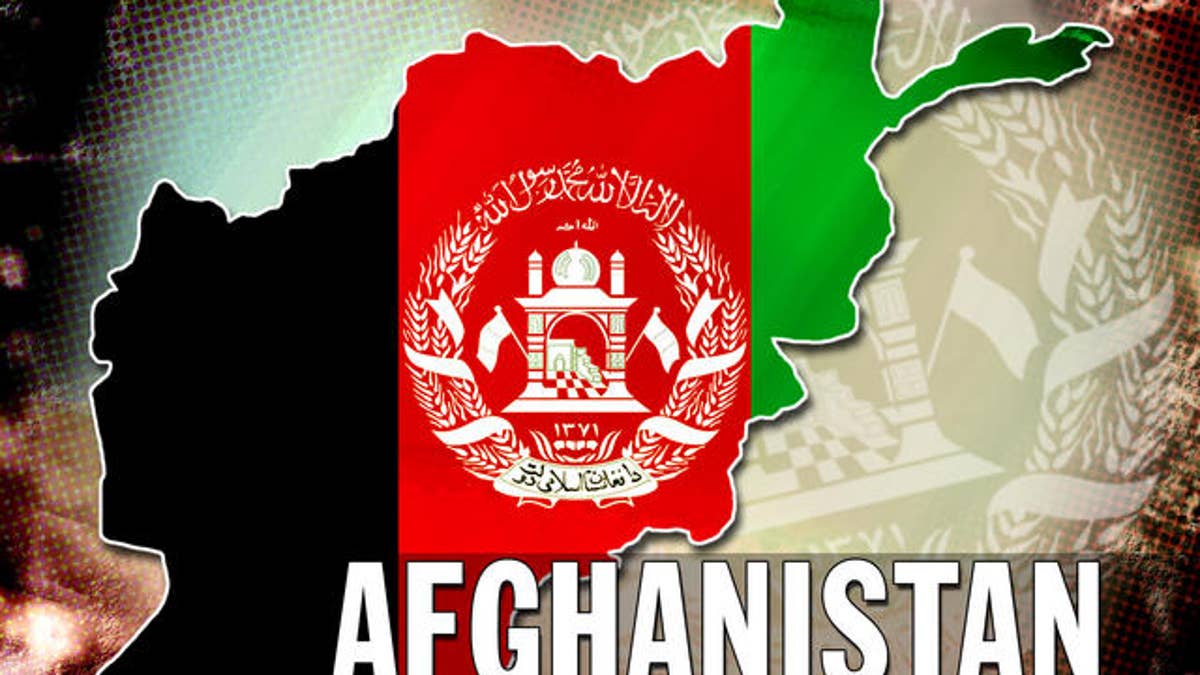
AP
After eight years the war in Afghanistan is finally getting serious. In December 2001, just three months after the attack on the World Trade Center, we had destroyed 95 percent of Al Qaeda. Sadly, we then failed to finish the job and destroy the remaining 5 percent. What happened next? Bin Laden and the ragtag remnants of Al Qaeda escaped our clutches and decamped to Pakistan, where they remain today.
But eight years later we're still in Afghanistan. So how do we get out and leave Afghanistan to Afghans - while making sure Al Qaeda doesn't return?
The Marjah offensive is our last chance to get this war right. We've finally put enough troops in the country to make a difference. We've finally realized that civilian casualties today mean more people fighting against us tomorrow. We've finally trained up enough Afghan National Army to fight alongside us.
General McChrystal's plan for Afghanistan is like General Petraeus' was in Iraq -- to clear, hold and build. First, U.S., British and Afghan Army forces will clear the Taliban out of southern Afghanistan. Then we will hold the area and build a secure and thriving society -- something we've never done before: "We've got a government in a box, ready to roll in," says McChrystal. In the past we'd clear the area, then head back to headquarters while the Taliban blended back into their communities or headed for the hills to bide their time -- only to return once the coast was clear.
Will the new strategy work? Maybe, but in the end it won't be up to us. The American military will, as usual, perform brilliantly. But then it's up to the Afghan government to make peace with the tribal leaders, keep the Taliban from returning, stop the poppy crop, govern effectively.
It's a long shot. So far the Karzai government has been corrupt and incompetent and content to let Americans do the fighting for them. Do they want to change? Will they? Can they? We just don't know.
But, as Petraeus says, putting the Afghan war on a timeline is aimed directly at the Karzai government -- nothing will focus the minds of Afghanistan's leaders so much as the threat of our imminent departure. Ultimately, we've got to cut the umbilical cord.
Kathleen Troia "KT" McFarland served in national security posts in the Nixon, Ford and Reagan administrations. She wrote Secretary of Defense Weinberger's November 1984 "Principles of War Speech" which laid out the Weinberger Doctrine. She is a senior adviser to the Foundation for the Defense of Democracies and a frequent contributor to the Fox Forum. Watch "K.T." and Mike Baker every Monday at 10 a.m. on FoxNews.com's "DefCon3."
